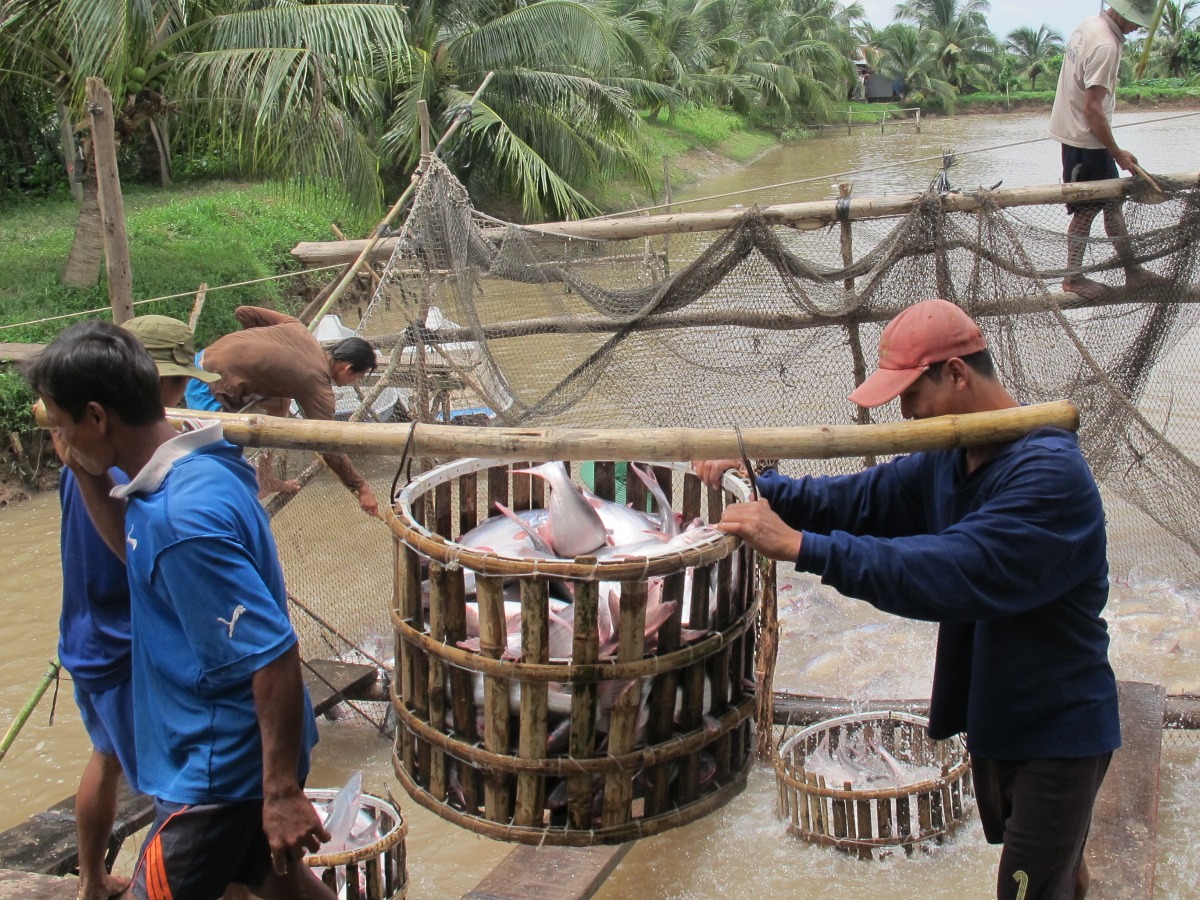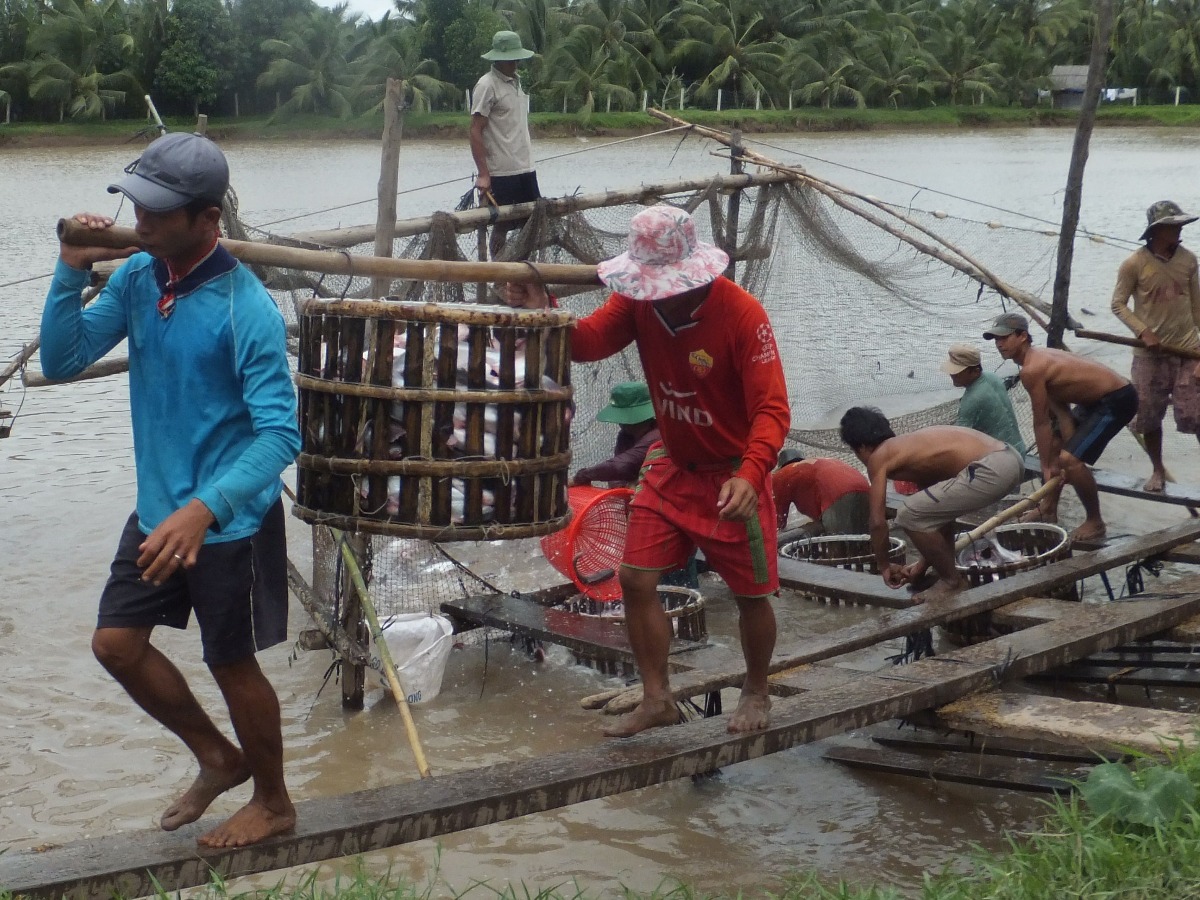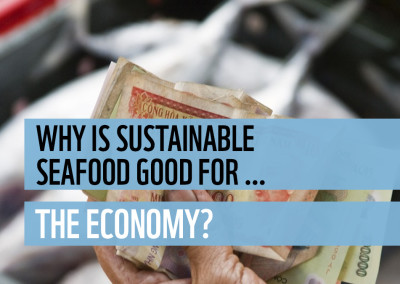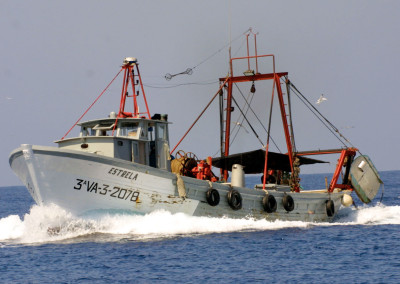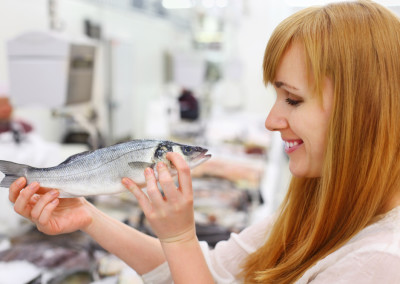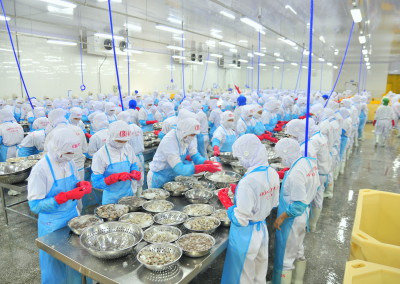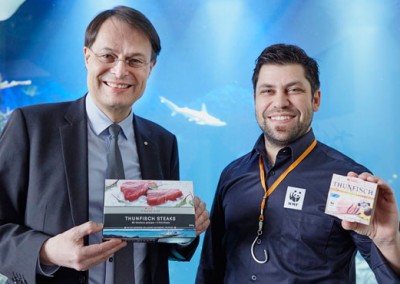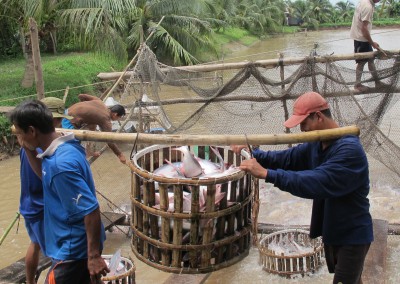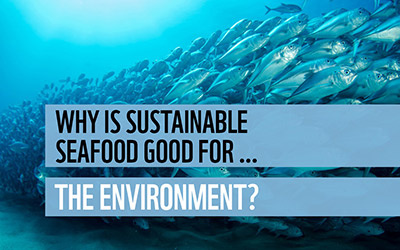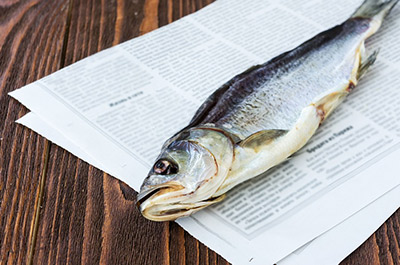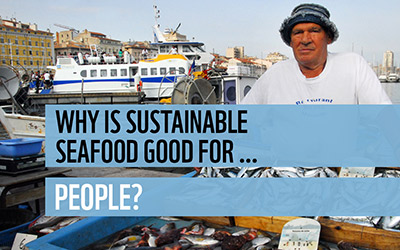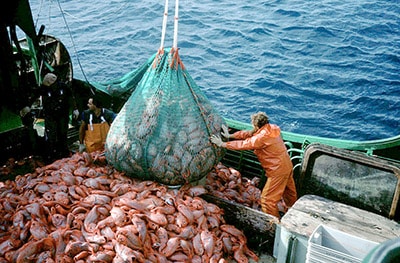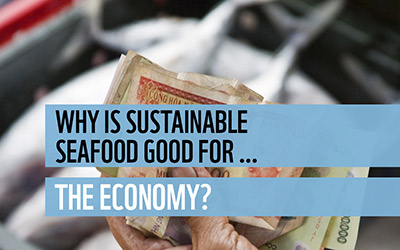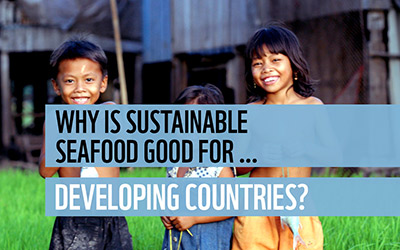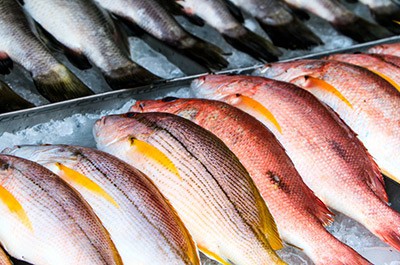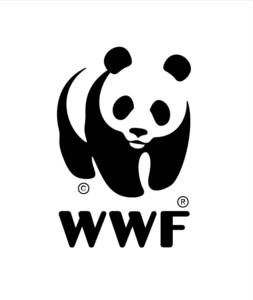Sustainable pangasius from Vietnam – a WWF showcase project
Pangasius: inexpensive, boneless and neutral in taste – criteria that make this fish a popular, versatile cooking ingredient. Yet few fish are so disputed. A WWF project aims to make the entire supply chain sustainable.
85% of pangasius comes from Vietnam – the largest exporter in the world. The lion’s share of this is from aquaculture: in 2013 977,000 tonnes of pangasius was farmed in within 6,000 ha and exported to 135 countries – mainly to the European Union, claiming 22% of exports. [1]
The Vietnamese pangasius has sometimes had a bad reputation for unsustainable farming conditions. One of the main issues is water purification as intensive fish farming creates large amounts of excrements. As well as this, there is pollution from chemicals and antibiotics used to combat epidemics and diseases. Aquaculture is only really a sensible alternative to wild fish if managed responsibly and sustainably!
Taking responsibility for environmentally friendly products means ensuring that environmentally detrimental production is improved in the future. So WWF has, together with Vietnamese project partners, implemented the EU co-financed project, ‘Establishing a sustainable pangasius supply chain in Vietnam.’ Through which the pangasius project should make the entire supply chain, from farming and processing to management to export, sustainable.
All participating farming operations in Vietnam must be able to prove that concrete measures are in place to improve resource use and achieve cleaner production, saving energy and reducing water usage and waste.
Another aim of the project is to achieve 50% of small and medium sized pangasius businesses being ASC certified, whilst aligning themselves to the ecological and social ASC standards. The Aquaculture Stewardship Council is a label for farmed fish that has been environmentally and socially responsibly farmed. The ASC award criteria define clear conditions for farming that govern stock density, food, and use of medication and ban child labour.
Consumers can make an active contribution to sustainability through their buying decisions! In its buying advise on fish, WWF recommends checking for the ASC logo when buying pangasius and so to have a positive influence on the ecological and social conditions involved in pangasius production in Vietnam.
Surse:
[1] AQUA culture Magazine Volume 10, Number 4 July/August 2014. Vietnam’s pangasius industry in 2014. Page 43; http://www.aquaasiapac.com/content-070814.php















